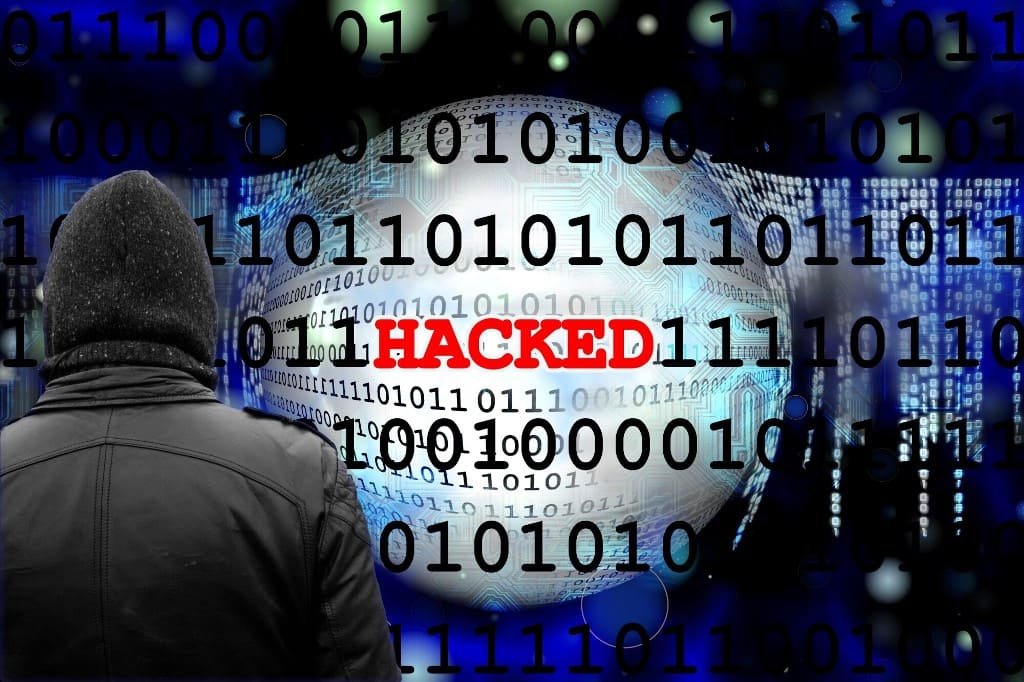In today’s society, it isn’t hard to find yourself exposed to the internet. From catching up with friends on Instagram to buying necessities on Amazon, the internet has consumers connecting to it at all times.
While using the internet is quick and efficient, it is easy to overlook the fact that there are some dangers out there. Since the internet helps us do so many different things, we don’t always stop to think about cyber safety.
However, not thinking about safety could leave you exposed to various threats, so it’s important that you are aware of them and how to keep yourself safe.
So what kinds of cyber security tips do we need to know about? Here’s everything you need to know about keeping safe online.
Use Strong and Unique Passwords for All of Your Online Accounts
One key part of staying safe online is using strong and unique passwords for all of your online accounts. This may seem like a daunting task, but there are some simple tips you can follow to ensure your passwords are strong and secure.
Make sure your passwords are at least 8 characters long. The longer your password, the more difficult it will be for someone to guess.
Use a mix of upper and lower-case letters, numbers, and symbols in your passwords. This makes them much more difficult to crack.
Enabling Two-Factor Authentication Wherever Possible
In an age where cybercrime is becoming increasingly prevalent, it is more important than ever to take steps to protect yourself online. One of the best ways to do this is to enable two-factor authentication wherever possible.
Two-factor authentication adds an extra layer of security to your online accounts by requiring you to enter not only your password but also a second code that is generated and sent to your phone. This makes it much more difficult for hackers to gain access to your accounts, even if they have your password.
Being Cautious About What Personal Information You Share Online
In our increasingly connected world, it’s important to be cautious about what personal information you share online. Cybercriminals are constantly looking for ways to exploit people’s personal data, so it’s important to be aware of the risks and take steps to protect yourself.
Only share personal information on secure websites. Look for the HTTPS:// (green lock) at the beginning of the URL and a green lock icon in your browser’s address bar.
Be cautious about what you post on social media. Consider whether you would be comfortable with a stranger having access to that information. To learn more about cyber security, visit https://visore.com/secops-definition-how-it-is-redefining-cyber-security/
Regularly Backing Up Your Important Files and Data to Ensure Cyber Safety
With so much of our lives now online, it’s vital to make sure that you have a secure backup in place in case of any cyberattacks or accidents.
Use a reliable and secure backup service. There are many great options out there, so do your research and choose one that meets your needs.
Make sure to encrypt your data. This will help protect your information if your backup is ever compromised.
Knowledge Is Key
By following the tips in this quick guide, you can help protect yourself and your information from cyber attacks. In cyber safety, knowledge is key. If you ever have any questions or concerns about your online safety, contact a trusted professional for help.
For more informative articles on technology, business, and more, check out the rest of our blog.
